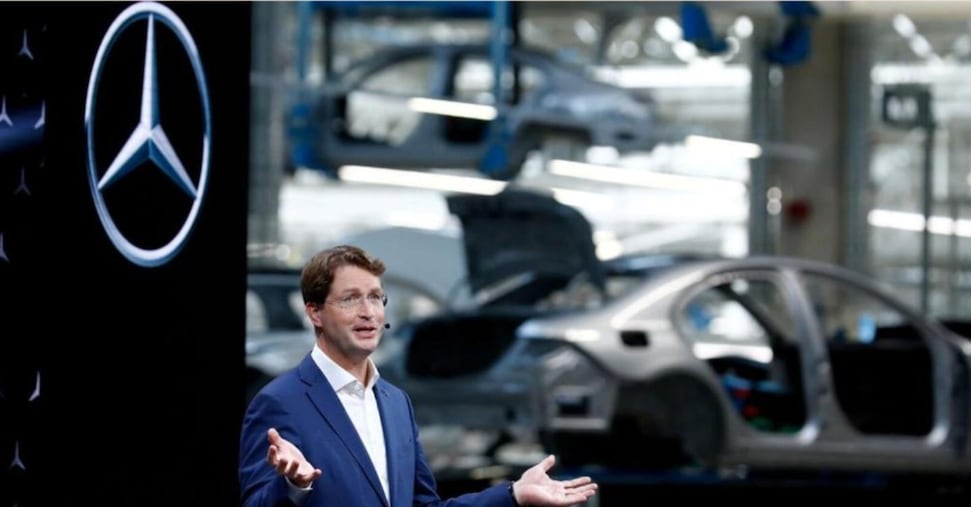Listen to the audio version of the article
Paid more than all his colleagues on the main German stock exchange list, the Dax, while the results of the Mercedes-Benz Group cause some concern. CEO Ola Källenius, 54, earned 12.74 million euros in 2023, the “richest” among colleagues at the largest listed companies in Germany. The Swedish manager overtook the head of Deutsche Börse Theodor Weimer, 64, who took home 10.60 million, and Belen Garijo, 63, of the chemical-pharmaceutical giant Merck (10.53 million). According to an analysis by the Reuters agency, these CEOs are the only three to exceed the ten million mark in Germany. Both Källenius and Weimer benefited above all from the fact that last year they received bonuses from previous years. However, nothing, so to speak, compared to the 36.5 million of Carlos Tavares, number one at Stellantis, a record remuneration that did not convince the shareholder funds.
At the same time, however, Källenius cannot smile about the results of the group he has led for five years. Given that, in his opinion, the three-pointed star’s electric cars would win almost every technical comparison, as the manager explained at the beginning of March, when Chancellor Olaf Scholz visited the largest Mercedes plant on the historic Sindelfingen site. «Believe me, we are much ahead of the Chinese», underlined Källenius in summary, as reported by Handelsblatt. And in terms of performance, consumption, autonomy or actual charging speed, it can be.
The problem is the comparison with the reality of the market. In 2023, Mercedes sold at least 170,000 fewer fully electric cars than planned. The group closed the year with a net profit of 14.53 billion euros, -1.9% compared to 2022. And in the first quarter of 2024, deliveries of electric vehicles actually decreased by 9%. This is also why Mercedes will put revised versions of the Eqs and Eqe models on the market from the end of April.
Looking in detail, sales of Mercedes-Benz cars reached 463 thousand units (-8%) in the first quarter, but with a worrying -17% in Germany and -15% in China. Demand for plug-in hybrid vehicles led to a 6% sales increase in the first three months, while Mercedes-Benz Cars’ global battery electric vehicle (BEV) sales reached 47,500 units (-8%) in the first quarter, while the Smart Fortwo has reached the end of its life cycle (-30%). Overall, electric vehicles accounted for 10 percent of total Mercedes-Benz Cars sales in the first quarter and 19 percent when plug-in hybrid vehicles are included.
The German rival in the premium sector, BMW, however held its overall result (+1.1% to 595 thousand units) and amazed with the electric ones: deliveries to customers of battery-powered models such as the i4, the iX1 and the i7 of BMW rose 41% in the three months to March compared with the same period a year earlier, the company said on Wednesday. The results helped the group’s EV sales grow by 28%. BMW’s results contrast with the significant slowdown in demand for electric vehicles, particularly in Europe, where battery-powered cars have shrunk as a share of overall sales after governments, starting with Berlin, withdrew incentives.
